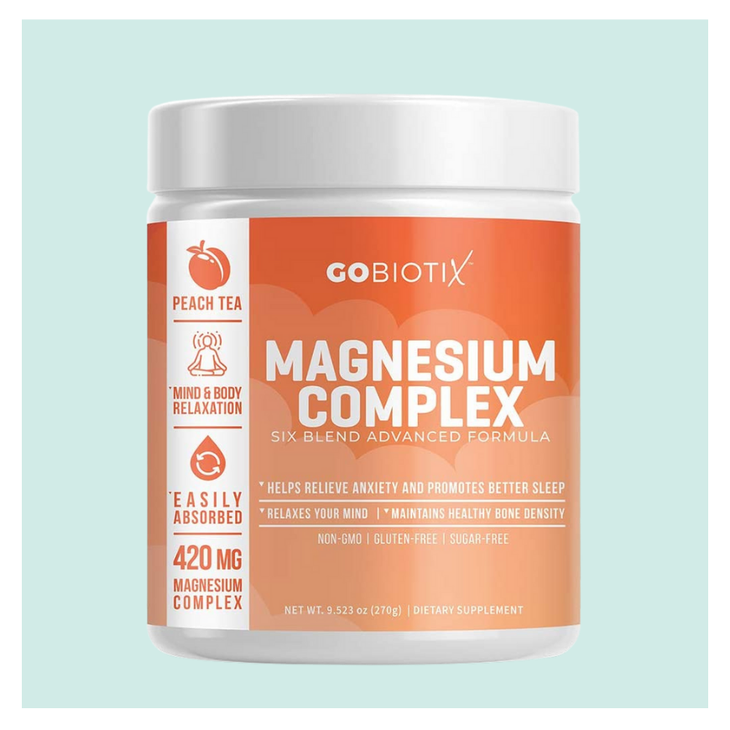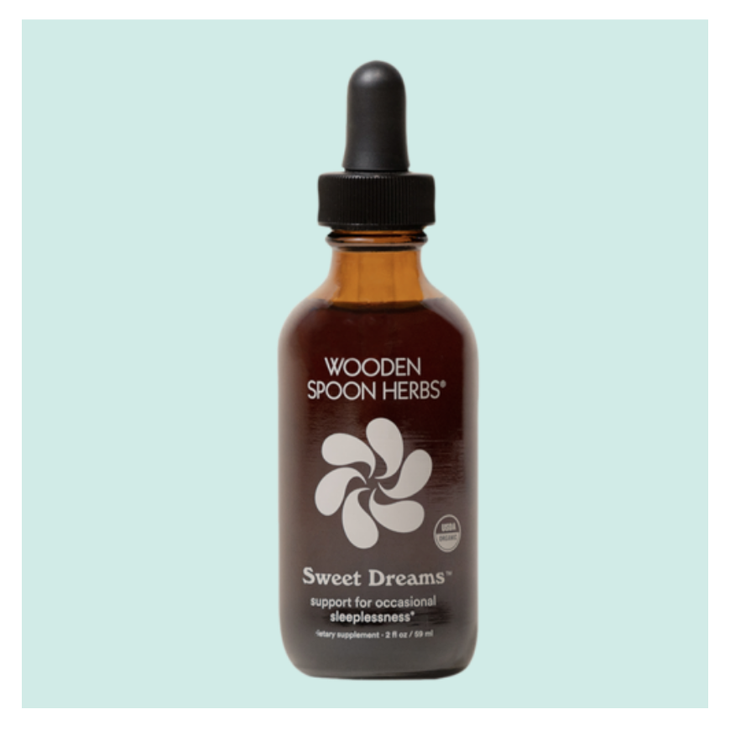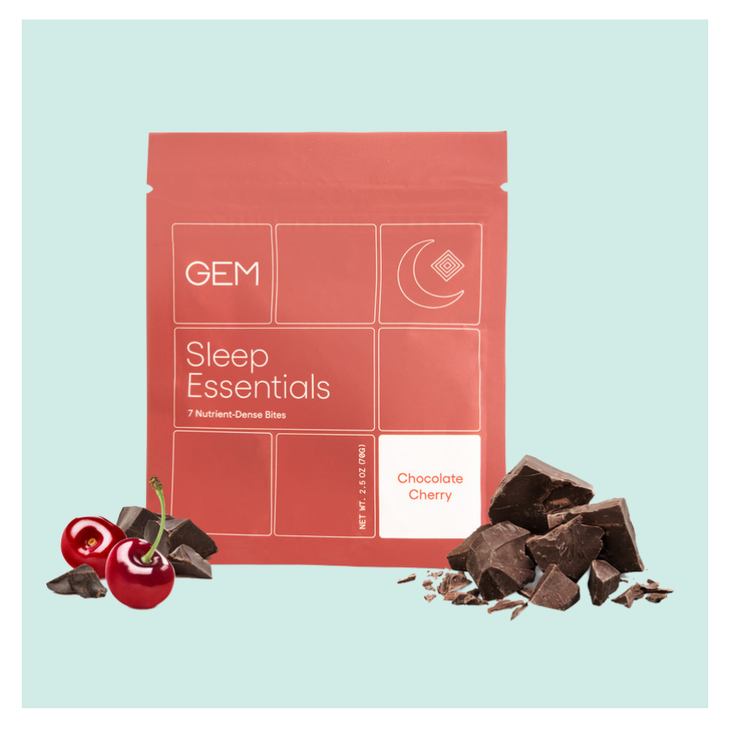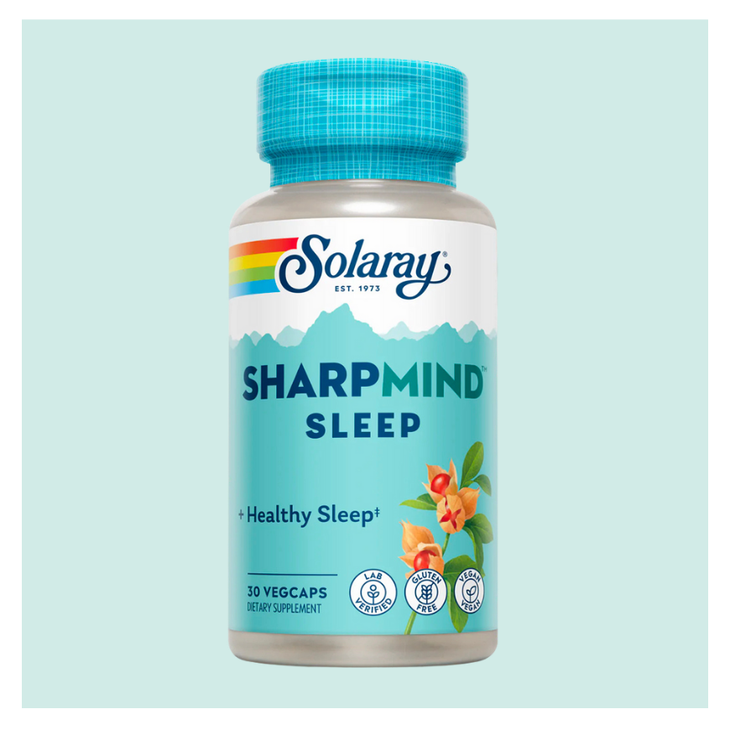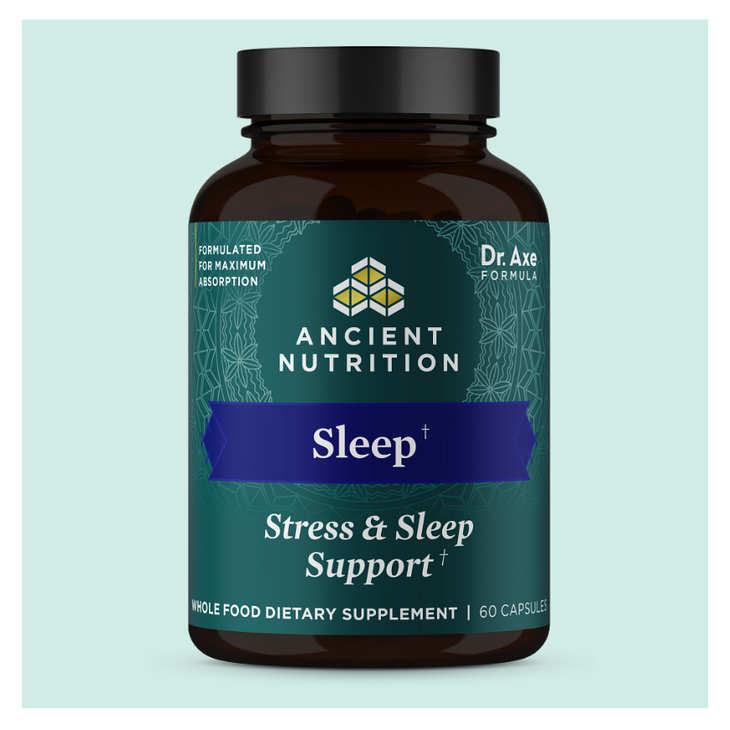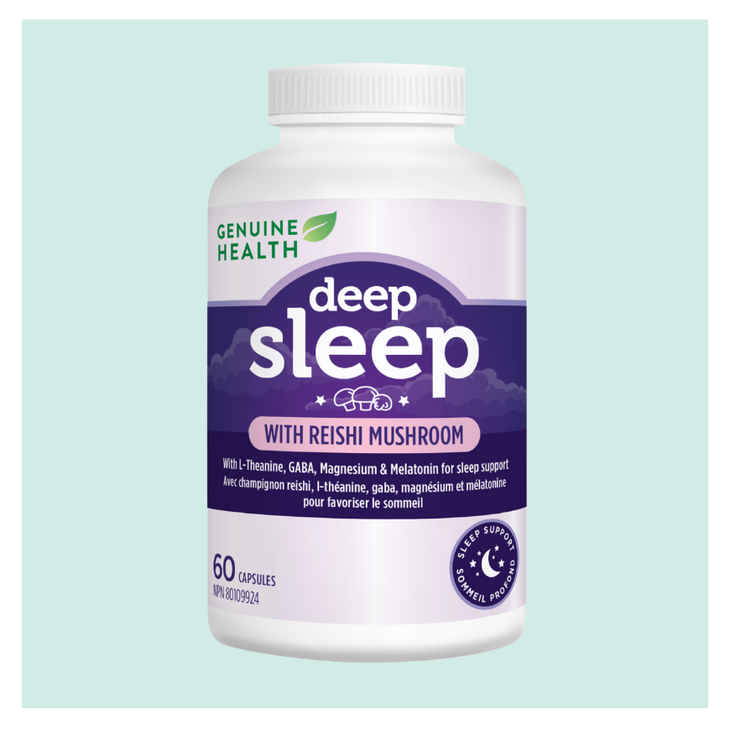Expert-Backed Tips For Getting More Sleep at Night
This article originally appeared on Clean Eating
Think back to when you were younger. You probably slept deeply and soundly for a full eight hours each evening, and possibly snuck in a nap, too. But for many adults today, that's no longer the case. What's changed over the years?
"What has changed has nothing to do with our biology or innate ability to sleep -- that is as intact as ever," says Ellen Wermter, FNP-BC, who's board-certified in behavioral sleep medicine and in cognitive behavioral therapy for insomnia. She's also the spokesperson for the Better Sleep Council. "What is different are our modern habits and our exposure to anxiety-provoking content and situations. Fear and sleep are enemies and for good reason. If you are in your tent camping and there is a bear outside the tent, it would not be advisable to go to sleep at that time. When there is danger, we can override sleep -- at least temporarily."
She goes on to explain that sleep may seem harder to come by because of threats that our brain flags as dangerous -- such as anxiety from work, the news, or finances. This can create a difficult night of sleep, but some individuals will go on to develop anxiety over not sleeping. "This negative cycle of fear and worry over not sleeping getting in the way of sleeping is how chronic insomnia is born," she says.
Try These 3 Sleep-Inducing Lifestyle Changes First
While reaching for a sleep supplement may seem like an obvious first step in combatting your lack of sleep, it may only exacerbate the issue. "Using supplements reinforces the idea that you 'need' a pill to sleep, which is creating a psychological dependence," says Wermter.
As such, Wermter recommends trying these less-invasive options first to set yourself up for good sleep:
Get outside. Your lifestyle habits are key to your sleep success, particularly light exposure, exercise, and temperature regulation. "If you sit inside where the climate is controlled and the light does not vary much, you will not build the robust sleep drive or circadian rhythm required to produce deep and satisfying sleep," says Wermter. "Going outside and moving your body are two highly underrated sleep boosters."
Take a foot bath with essential oils. Fill a basin with hot water and add a few drops of lavender oil, because Wermter says dilating the blood vessels in your extremities with heat lowers the core temperature and prepares your body for sleep. Also, habits, like the smell of lavender, can be a nice cue for sleep. "You build an association where your brain connects the smell with winding down and relaxing," she says.
Eat the right nutrients. Melatonin is likely already on your radar as one of the most popular sleep supplements, but it's actually a hormone our bodies make naturally to help keep our circadian rhythm in check. Instead of choosing a synthetic option, Wermter says to fill your diet with healthy foods that contain building blocks for melatonin: B-vitamins, tryptophan, and protein.
6 Supplements for Better Sleep
Once you have those healthy habits in place, if you still need a little extra nudge to visit dreamland, Wermter says to look for products containing these ingredients for the following reasons:
L-theanine: can improve sleep by settling the nervous system.
Magnesium: can deepen sleep by relaxing muscles and boosting GABA, an important neurotransmitter that helps our brain turn off alerting signals.
Potassium: helps with cramps, which can decrease the total number of nighttime arousals a person experiences.
Amino acids, such as L-glycine: calms the nervous system and may also lower core body temperature which promotes sleep.
You may have noticed that melatonin didn't make Wermter's list, and for good reason. First, it's only supposed to be used to treat some circadian rhythm sleep-wake disorders, such as jet lag and shift work disorders. Second, a new study suggests that the melatonin content found in supplements often varies widely from what is listed on the label, but the concerns don't even stop there.
"There is no good evidence that it improves your ability to fall asleep or stay asleep, however, and as such should not be used as a sleep aid," she says. "Studies show that more is not better and that 0.5-1 mg is already more than what your body likely makes." She adds that the most common side effects of melatonin supplementation are headache, dizziness, and stomach upset, while others include confusion and mood alterations.
Here are some of the specific sleepy-time products that'll help deliver these essential ingredients:
GoBiotix Magnesium Complex Powder
Kick anxiety to the curb, relax your mind, and get a better night's sleep with Magnesium Complex from GoBiotix. Consider this your after-dinner treat -- choose from Peach Tea, Lemon Lime, and Honey Citrus flavors -- as it can take a few hours to kick in.
Wooden Spoon Herbs Sweet Dreams
If the Sweet Dreams name doesn't draw you in, perhaps the ingredients of this liquid concoction from Wood Spoon Herbs will: Valerian root for a mild sedative effect, skullcap to calm the nervous system, and passionflower to help shut off your busy mind. There's even a little English lavender flower extract thrown in for good measure.
GEM Sleep Essentials
Are you a fan of chocolate and cherries? Then try not to get too excited about GEM's Sleep Essential bites, because you're supposed to be calming down for sleep. This tasty little morsel is melatonin-free by design, and instead contains valerian root, L-theanine, GABA, magnesium, cacao, cherries and dates, rosemary, and pumpkin seeds.
Solaray SharpMind Sleep
Get your dose of nootropics with a sleep formula designed to promote a calm mood, healthy sleep, and a relaxed mind. Solaray's SharpMind Sleep has 3 grams of melatonin, 120 mg of ashwagandha, 200 mg of reishi mushroom, and 250 mg of L-Glycine. There's also a Stress formula with L-Theanine and GABA if you need a little extra Zen.
Ancient Nutrition Stress & Sleep Support Capsules
Designed by a clinical nutritionist and certified doctor of natural medicine, Dr. Josh Axe, Ancient Nutrition's Sleep formula contains functional mushrooms and adaptogens to promote restful sleep. These vegan capsules include organic reishi, organic ashwagandha root and leaf extract, and organic fermented lavender flowers to help lull you to slumber.
Genuine Health Deep Sleep
Looking for a well-rounded formula? Genuine Health's Deep Sleep has melatonin, magnesium, GABA, L-theanine, and reishi mushrooms, and each ingredient was chosen because of its ability to support a healthy sleep cycle from start to finish.
"Supplements are not always as benign as they might seem, both from a chemical and a psychological standpoint," says Wermter. "My advice: If you decide to experiment by adding something to see if it improves sleep quality, go low and slow and only make one change at a time. Support any supplementation with good habits, like getting outdoor light, exercising, and having a comfortable sleeping environment free from anxiety-producing technology."
For more tips on getting more sleep, keep reading:
For exclusive access to all of our fitness, gear, adventure, and travel stories, plus discounts on trips, events, and gear, sign up for Outside+ today.
